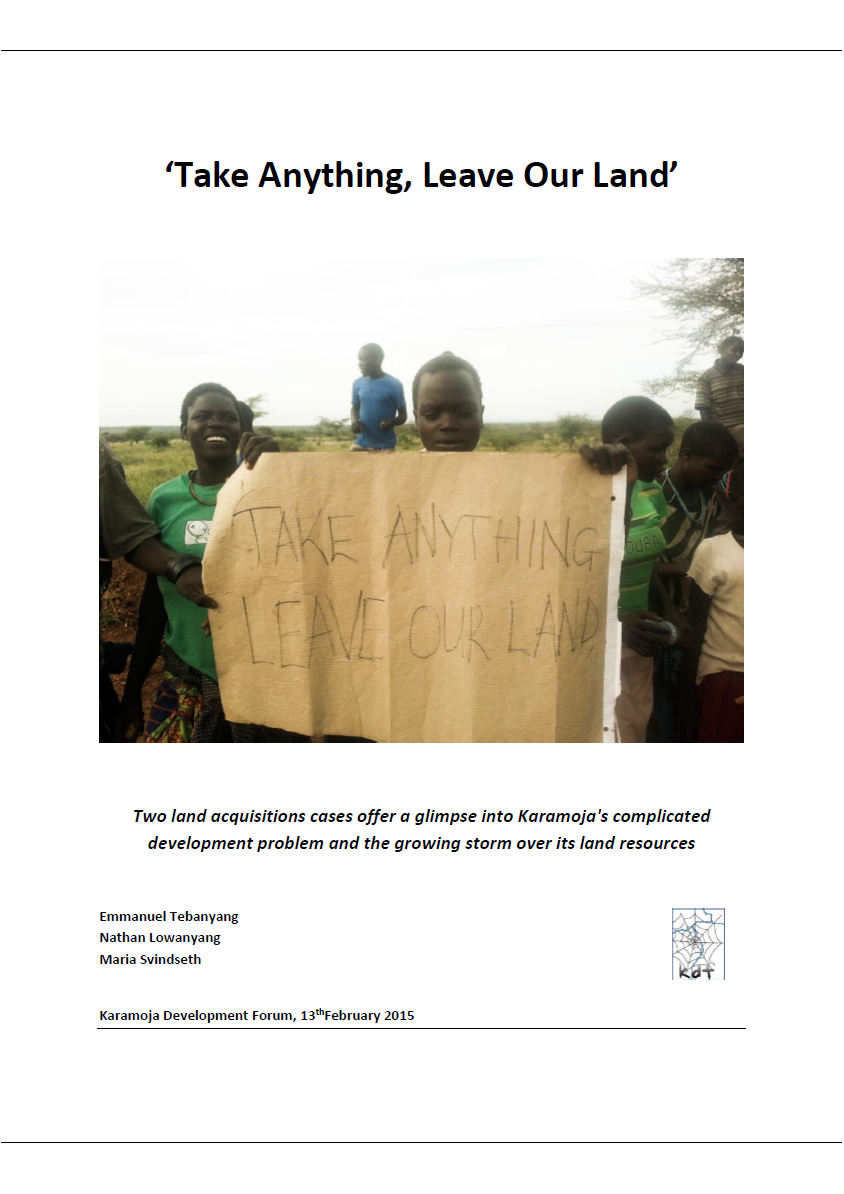Situational Analysis and Development Recommendations by and for Farm Dwellers in Amajuba District Council 2008
A key challenge facing South Africa’s economic development is overcoming the structural poverty created through the systematic dispossession of the majority of its citizens. Although radically marginalized during apartheid, there is poor public acknowledgement of the losses experienced by those families who, through the passing of various racially biased, land and labour laws, became farm labour on commercial farms.








